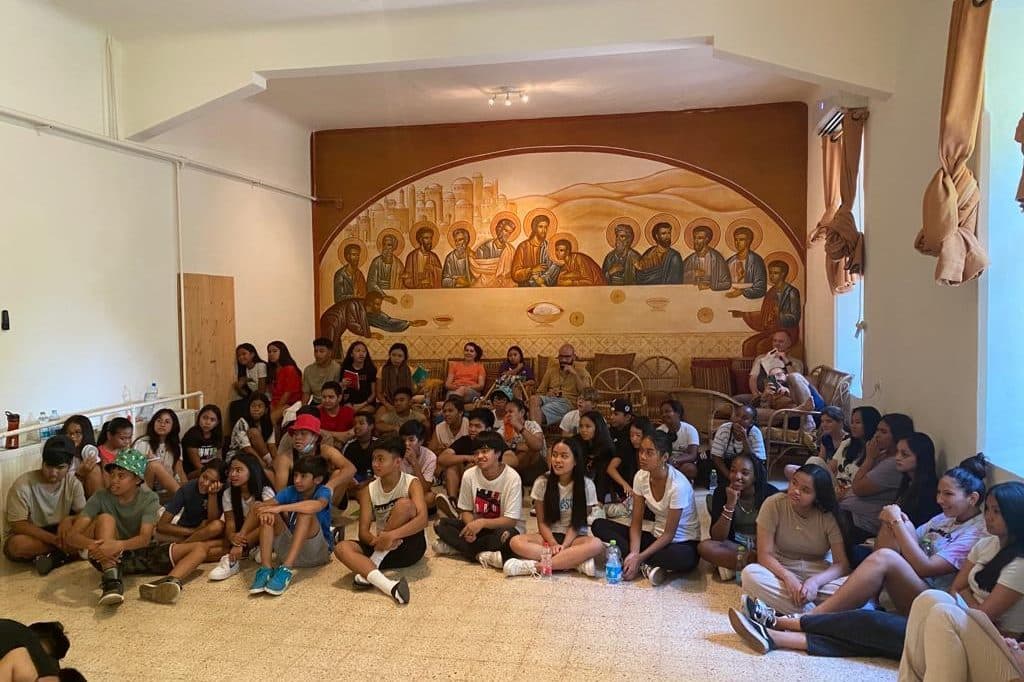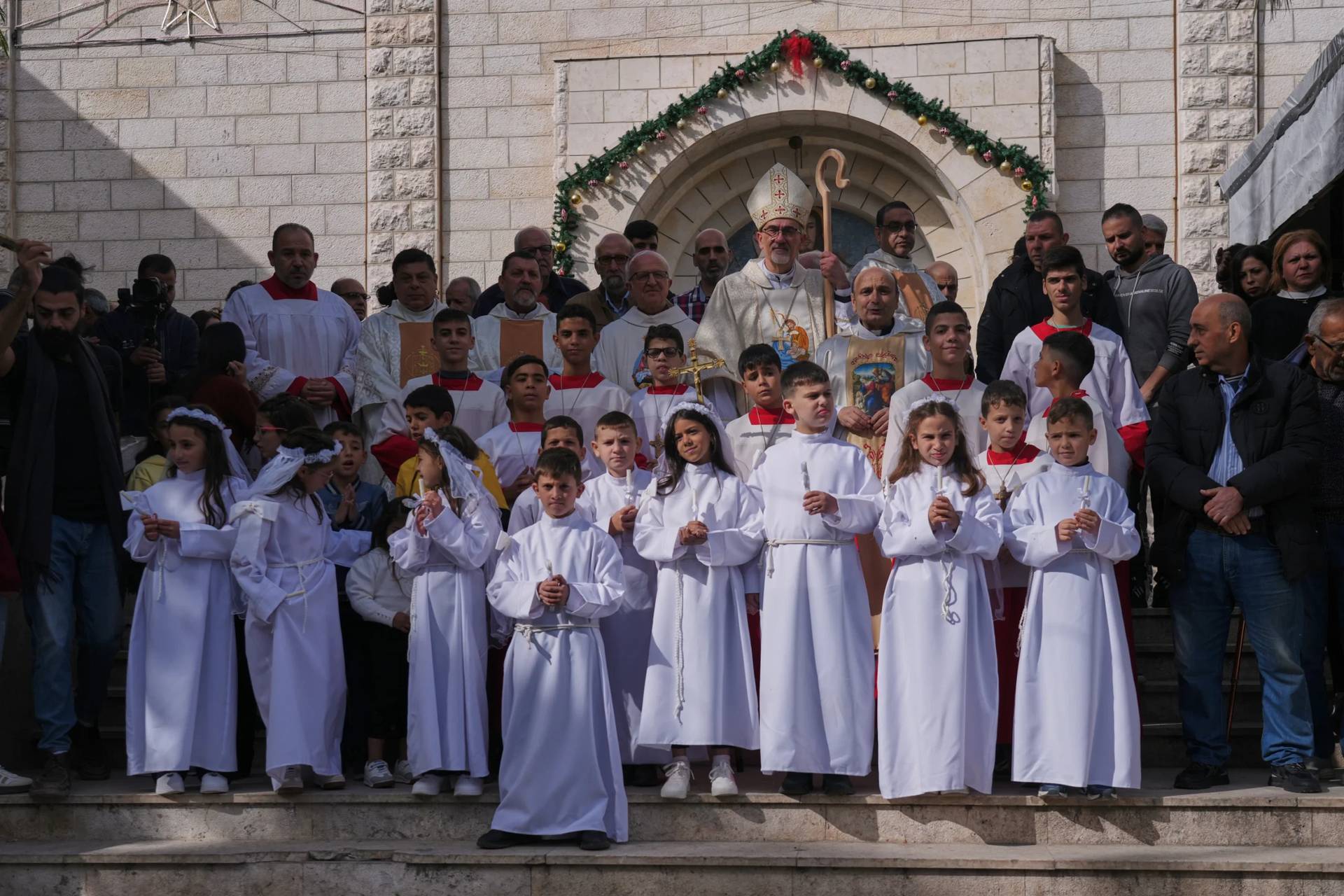Christian migrants and asylum seekers struggling in Israel are receiving emergency help from the Latin Patriarchate of Jerusalem.
Sunday marked the 110th World Day of Migrants and Refugees, and Cardinal Pierbattista Pizzaballa said he has been providing help Christians from various parts of the world searching for safety and employment in the Holy Land.
According to Aid to the Church in Need – a Vatican-affiliated charity – there could be up to 85,000 people under the pastoral care of the Patriarchate’s Vicariate for Migrants and Asylum Seekers (VMAS), which was established in 2021 to help Christian immigrants face the challenges in their daily lives.
The administrator of VMAS, Sister Gabriele Penka, said those living in Israel without being a citizen of the country often work in difficult jobs that no one else wants.
Penka told Catholic charity Aid to the Church in Need (ACN) that asylum seekers need to “show a pay slip to obtain a visa, but at the same time, Israel will not officially declare that they have the right to work … We went to all the ministries related to this, and no one was able to give us a straight answer about what the legal status of these people is,” she said.
She said that VMAS is offering practical support, which includes running kindergartens for migrant and refugee children who are not entitled to free pre-school education.
“We have several daycare programs. When migrants have children, if they don’t have places where they can leave [them], then they can’t work anymore, and we have seen some very drastic situations. In Jerusalem we have the after-school program for children in their teens to go to in the afternoon,” Penka told ACN.
“We have Israeli volunteers to help with homework … And we also run a home for up to 10 or 11 young people in Jerusalem, from families that cannot provide a stable home. They stay with us during the week, and then return to their families,” she said.
Christians made up 1.9 percent of the Israeli population, around 185,000 people, with 75 percent of them being Arab Christians.
However, many Christians live in the country with limited visas, which makes it more difficult for their families.
Pizzaballa is trying to find priests to celebrate the sacraments for these communities in their own languages – even arranging celebrations where there are no nearby churches.
“We have 60 communities throughout the country, in places that do not traditionally have a Christian presence, and they usually have to meet on Friday or Saturday – as that is the weekend in Israel – when there is no public transport,” Penka told ACN.
“Most of the money we allocate to VMAS goes to rental of spaces where people can meet and pray, and this is a huge amount of money,” she added.
George Akroush, director at the Patriarchate’s Project Development Office told ACN even though migrants and asylum seekers come to Israel hoping for a better life, their presence can show a positive view of Christianity to the local Jewish community.
“Many of the migrants, mostly young ladies, work as caretakers for the elderly. Through their presence in the homes of local families, they provide the Jewish community with a different perspective of the Catholic Church, and with this they build bridges,” he said.















